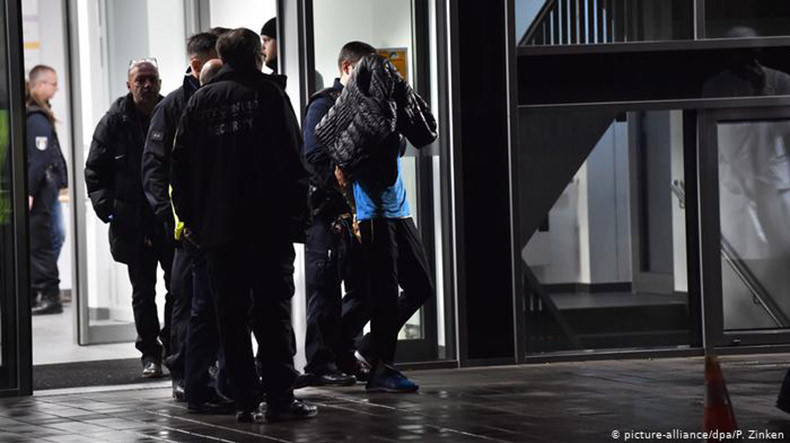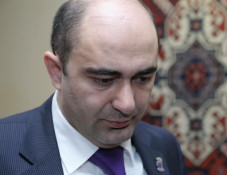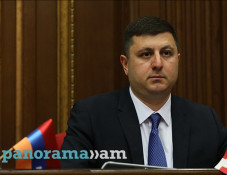
Son of former German president stabbed to death in Berlin
The son of former German president Richard von Weizsaecker was stabbed to death while he was giving a lecture at a hospital in Berlin where he worked as a head physician, police said Wednesday.
A 57-year-old man is in custody after a man jumped up from the audience at the Schlosspark-Klinik and attacked Fritz von Weizsaecker with a knife on Tuesday evening. Another man who tried to stop the attack was seriously wounded, AP reports.
“We cannot yet say anything about the attacker’s motive,” said police spokesman Michael Gassen, adding that the suspect is still being questioned.
Von Weizsaecker died at the scene despite immediate attention from colleagues.
The 59-year-old was the son of one of Germany’s most esteemed presidents, who was the country’s head of state — a largely ceremonial post — from 1984 to 1994. The former president died in 2015.
Fritz von Weizaecker was one of the ex-president’s four children. His sister Beatrice von Weizsaecker posted a picture of Jesus on the Cross on Instagram after the murder of her brother.
Von Weizsaecker studied and worked at several hospitals in Germany and abroad, including the Harvard Medical School in Boston and a hospital in Zurich, Switzerland. His fields of expertise were internal medicine and gastroenterology.
On Tuesday night, he was giving a lecture about fatty liver disease, an increasingly common medical condition. The lecture was open to everybody and local media reported that several colleagues were among the audience as well.
The murder of von Weizsaecker echoes a similar incident from 2016, when a man fatally shot a doctor at Berlin’s Benjamin Franklin Hospital before killing himself.
The von Weizsaeckers are one of Germany’s most prominent families. Richard von Weizsacker was not only one of the most popular but also one of the country’s most respected presidents.
In 1985, then-West German President von Weizsaecker called the Nazi defeat Germany’s “day of liberation” in a speech marking the 40th anniversary of the war’s end. His words were supported by most Germans, and to this day the speech is often cited by politicians and taught in schools.
Newsfeed
Videos






























